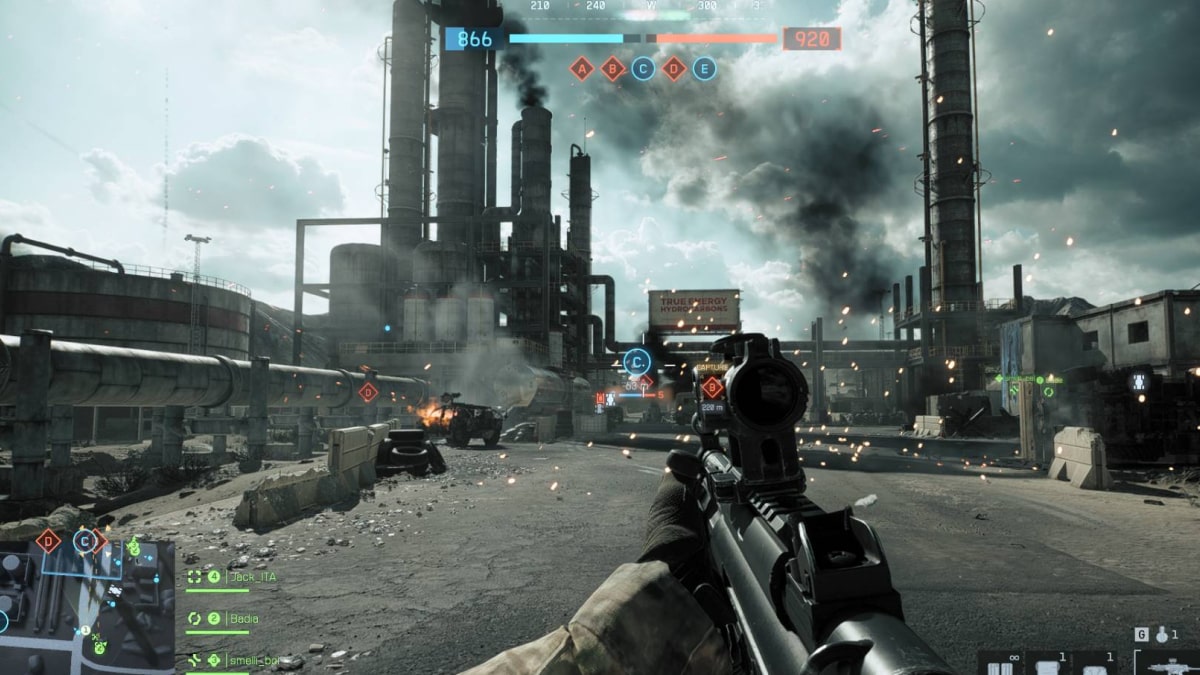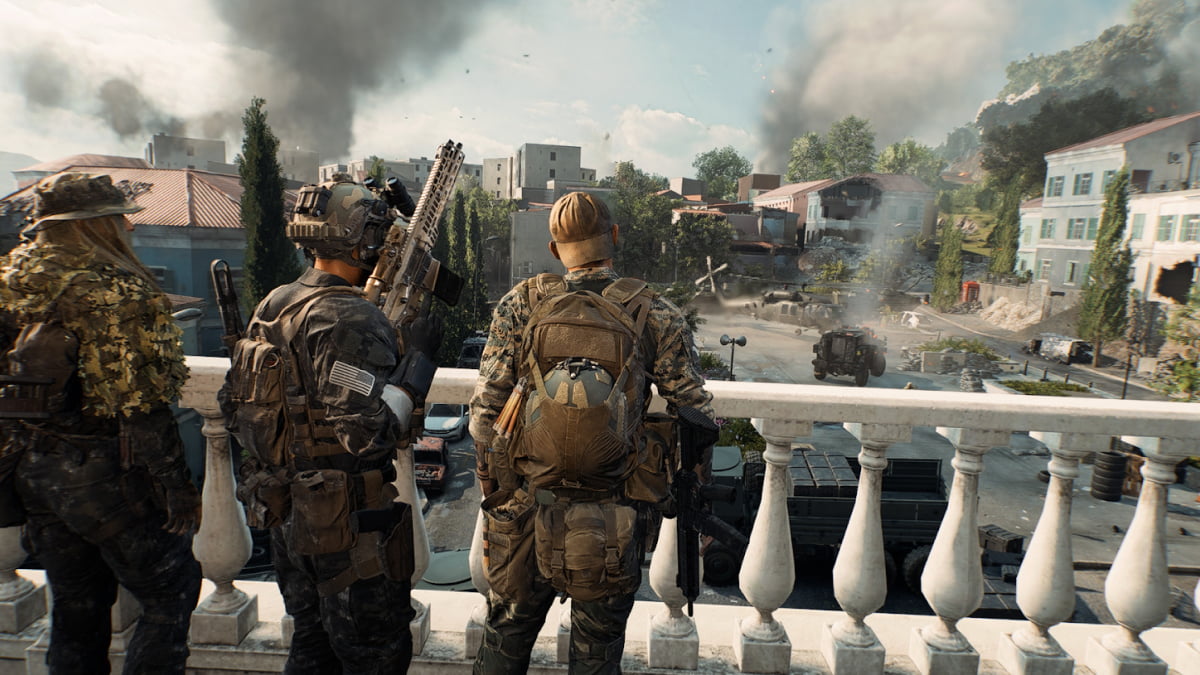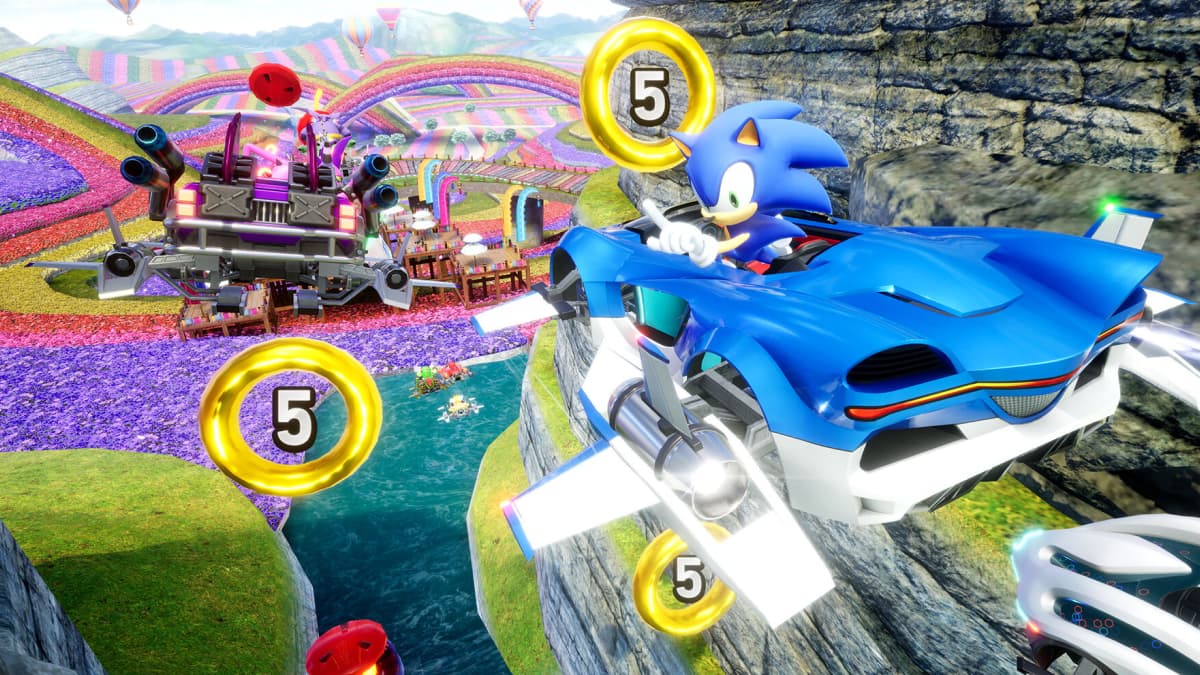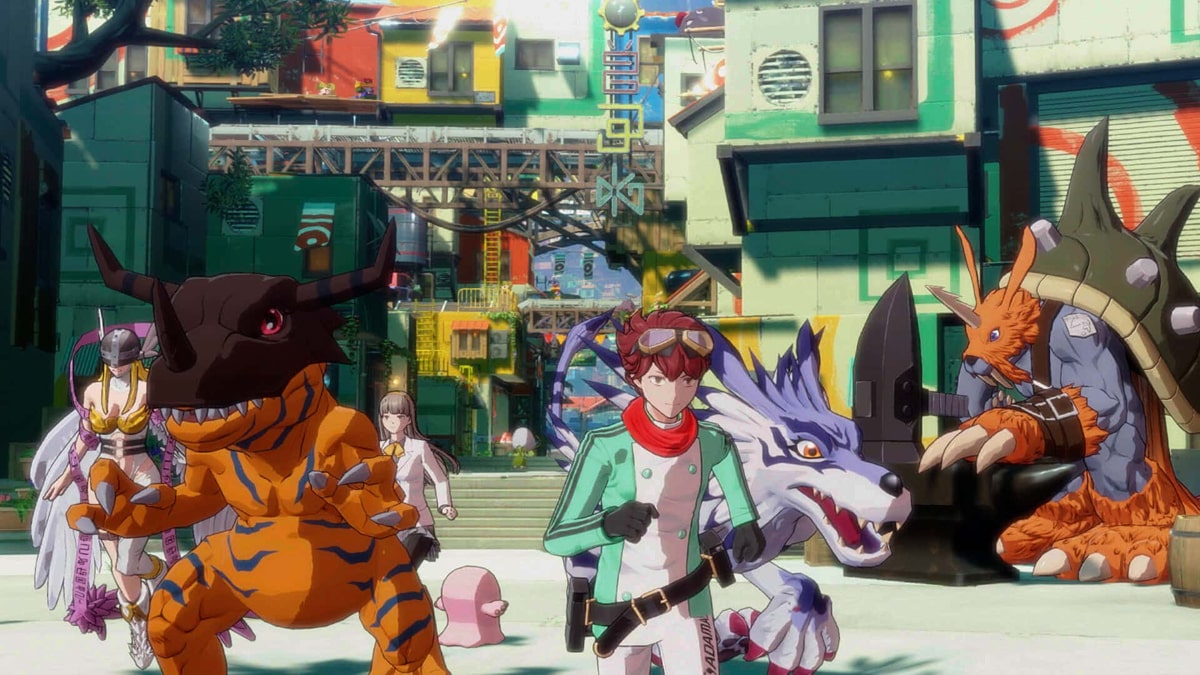You can trust VideoGamer. Our team of gaming experts spend hours testing and reviewing the latest games, to ensure you're reading the most comprehensive guide possible. Rest assured, all imagery and advice is unique and original. Check out how we test and review games here
Speak to any gamer who’s played online, and you’ll probably be told that online games are brilliant, except for one thing: the other people that play them. Griefers, lamers, and team-killers all compete to ruin the potential of online game nirvana. MMORPGs in particular suffer terribly in this regard, which is why the genre is typically the reserve of thick-skinned, hardcore gaming veterans. After all, who else would pay a monthly fee just to put themselves into a position where they can be constantly antagonised and insulted?
Perhaps this is why Guild Wars has proved so popular – popular enough not only to spawn the Factions campaign, but also the soon-to-be-released Nightfall >campaign. Guild Wars is almost unique in mainstream MMORPGs in that it does not charge a monthly fee, and other than the communal map areas, almost the entire game is instanced, meaning that you don’t have to share the entire game world with people you’d rather avoid. It’s almost as if the game was tailor-made to appeal to a more casual MMORPG player. With the release of the Nightfall campaign anticipated in the next couple of months, now would seem to be a good time to take a rather overdue look at Factions.
As the name implies, the campaign story revolves around the struggle between two competing houses (the Luxon and the Kurzick) in the land of Cantha – a nation with a distinctly mythical Asian-flavour. Players are able to choose which faction they want to ally with and progress the story from one of two possible viewpoints. The main attraction of this stand-alone expansion pack, however, is the inclusion of two new character professions – the Assassin and the Ritualist.
The Assassin is a melee combat class, with the ability to dual-wield weapons. They rely more on speed and agility to deal damage, rather than a traditional Warrior’s brute force approach. The Ritualist, on the other hand, is a spellcaster, who can summon spirits of the dead to do their fighting for them, as well as doing damage directly against opponents with their spells. Both professions have their own inherent appeal and can form a potent dual-class combination, with the fast, chained melee attacks of the Assassin meshing well with the summoning and buffing abilities of the Ritualist.
Graphically, Factions (like its predecessor) is little short of stunning. The game engine itself remains much the same as before, but the Asian theme of the architecture and characters has been executed flawlessly. In fact, Guild Wars remains the most aesthetically accomplished MMORPG on the market. The environments are wonderfully detailed and atmospheric, and new characters created for the Factions campaign in Cantha, using the original six professions from Guild Wars, are given new hairstyles and clothes. The changes to the professions aren’t just cosmetic, as three hundred new skills have been added to liven up Player versus Environment play and the ever-popular Player versus Player battles. That’s not all, either. Several new game modes have been added, including full-scale Alliance PvP battles between Guilds, and co-operative missions within the story campaign.
So, there’s plenty of new content to justify a purchase, with the added bonus that owners of Guild Wars >will be able to access an additional two character slots that can be used to create characters for either campaign. A recent addition to the character browser is an interface to the online Guild Wars store, where more character slots may be purchased. This, no doubt, is to encourage experimentation and replay with different professions, as the character level cap remains at a relatively lowly twenty.
Yet, as pleasing and impressive as all this is, I find that Factions (and >Guild Wars itself) somewhat paradoxical. Factions has all the key ingredients to make it a classic MMORPG time sink, but it doesn’t quite grab my imagination in the same way a game like World of Warcraft does. Maybe it’s because the game has been designed to appeal to a more casual gamer… Perhaps I’m missing the point somewhat, but in my opinion, MMORPGs aren’t the kind of game that should (or can) be played casually. Without the spur of a monthly fee, there’s no sense that you have to play in order to justify the subscription and get your money’s worth. So you can put the game down and forget about it for weeks, which is fine when you remember you’re not paying for the privilege of not playing the game, but does risk you losing any sense of continuity or momentum that you might have built up.
The game’s structure and design also doesn’t encourage you to get involved with the player community. With all the instancing and the ability to form parties of AI-controlled NPCs instead of other people, the game world feels achingly lonely outside of the communal areas; and by making it so easy for you to completely opt out of the social aspects of MMORPG play, it’s harder to feel any sense of attachment and involvement in the game world. This means that if you don’t already happen to know a group of PvE players, all social interaction is confined to these discrete communal districts, which tend to be very crowded and can be somewhat intimidating and rather impenetrable to newcomers – not to mention laggy and buggy, though that’s not a unique failing in the genre (Ironforge, anyone?)…
It’s telling that the most dedicated players of Guild Wars are the PvP-only crowd. PvP play takes a lot of time and practice to get much satisfaction out of it, and “n00bs” aren’t necessarily made particularly welcome by the resident hardcore (as anyone who’s accidentally crashed a helicopter on a Battlefield 2 server will know). Newcomers to PvP play would be well advised to make use of the Observation mode to chat with regular players and learn the best battle tactics for their professions before participating…
Factions appears to me as a game with a bit of an identity crisis. The PvE portion of the game seems designed to cater for a more casual gamer, whilst the PvP portion of the game is there to satisfy the hardcore, and I’m not entirely sure it works. Can MMORPGs be played on a casual basis? Personally, I don’t think so. For me, MMORPGs are about feeling part of a game world and building relationships with other players; thanks to the game design, the story campaign doesn’t do this for me. While soloing in an online RPG is a valid strategy (and one I employ in other MMORPGs quite a lot), here the instancing removes any of the random factor that makes you feel like you’re in a real, living, breathing world (stumbling across a friendly or hostile player in the middle of a fight, say, who you can help out – or knife in the back…), rather than playing on your own in a sandbox.
While there’s no denying that the Guild Wars franchise is both popular and technically superb, unless you’re after dedicated PvP thrills, it’s hard to see it genuinely competing with games like World of Warcraft in the long term. The story campaign and game world isn’t nearly as strong and doesn’t generate the same level of immersion or excitement. Then again, you’re not paying £8.99 a month to play in it, so maybe we shouldn’t complain…
Guild Wars: Factions
- Platform(s): PC
- Genre(s): Fantasy, Massively Multiplayer Online, RPG
/https://oimg.videogamer.com/images/7ab1/guild_wars_factions_19.jpg)






